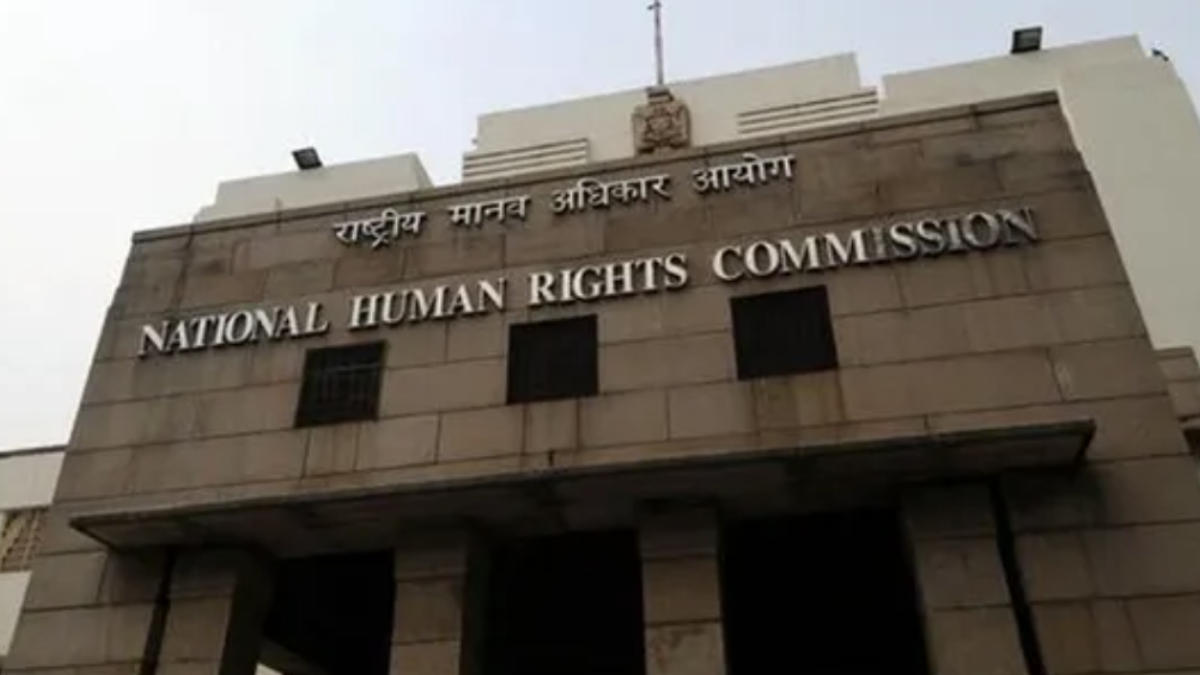The National Human Rights Commission (NHRC), India’s 4-week in-person Winter Internship – 2024, for post-graduate-level students concluded today. 61 students including 80% females, from different academic disciplines of various universities and colleges in the country completed it. They were shortlisted out of over 1,000 applicants. They included students from 18 States and two Union Territories.
Addressing the valedictory session NHRC, India Chairperson, Justice Shri V. Ramasubramanian in the presence of the Member, Justice (Dr.) B.R. Sarangi and senior officers congratulated the students on the successful completion of the internship. He said that the youth of today must make the best and most constructive use of the tremendous access to information that they have. They should inculcate human values in life without which they can’t respect others’ human rights. Our Constitution
He underscored the richness of the centuries-old Indian ethos and culture of respecting and practicing human rights, which immediately after independence also reflected in the Constitution of India emancipate all inalienable rights of human beings right since their birth. Equal civic and political rights were given to all; untouchability was abolished and voting rights given to all including women.
Justice Ramasubramanian said that even in the US, the world’s oldest democracy, the evolution of human rights took years of struggles to be constitutionally and legally realized. It took 90 years to abolish slavery in 1865, years after its independence from British rule in 1776, and another 90 years thereafter to declare Segregation Law unconstitutional in 1956, which did not allow the African-Americans to use public services at par with the white Americans. In this context he cited Roosa Parks, a Black civil rights activist whose refusal to give up her bus seat to a white man ignited the American civil rights movement furthered by Martin Luther King, Jr by boycotting municipal buses rides for 381 days ultimately resulting in the end of the Segregation Law differentiating between the Black and white American citizens.
Highlighting the importance of an on-site physical internship, he said that nothing like such programmes, which allow the sharing of happiness, joy, sadness, and value systems unlike in an online programme: Life skills are not taught by books, but by inter-personal communication. He appreciated the fact that 80% of the interns were females saying that historically, women have led the human rights movement.
Before this, NHRC, India Secretary General, Shri Bharat Lal, in his address, urged the students to internalise and manifest the core values of empathy, sensitiveness and responsiveness. The internship allowed students to have exposure to various aspects of human rights through various eminent speakers. He urged them to make use of the knowledge that they have gained during the internship and expand human rights outreach to pay back to society by raising voices against injustice which will be a real ‘Guru Dakshina.’
Shri Devendra Kumar Nim, Joint Secretary, NHRC presented the internship report. He said that in addition to sessions on various aspects of human rights led by senior NHRC officers, experts, and civil society representatives, the interns were taken for field visits to Police Stations, Tihar jail, National Consumer Disputes Redressal Commission, National Commission for Protection of Child Rights and the Asha Kiran Shelter Home in Delhi. These activities provided the interns with valuable insights into the functioning of government institutions, human rights protection mechanisms, and the ground realities and needs associated with safeguarding the rights of vulnerable sections of society. Shri Nim also announced the winners of the book review, group research project presentation, and declamation competition.
